
Buy Trustpilot accounts: Read BEFORE ruining your business
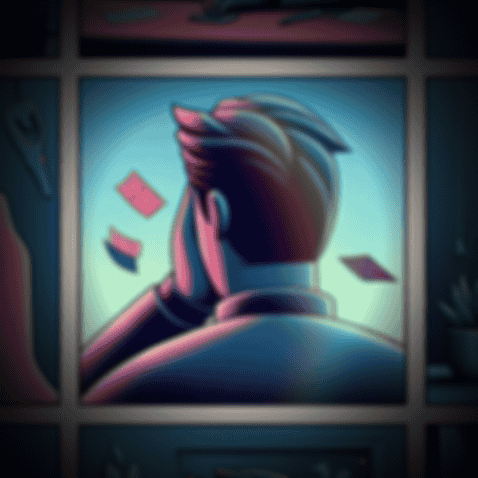

Crypto casinos, online bingo and gamified gambling are getting more popular. But, with the fun comes risk. It's super important to gamble responsibly and know when to take a break. After all, you want to keep your money safe while playing, correct?
Responsible gambling isn't just a set of rules; it's a way of thinking. It's about making sure the fun of the game stays fun and doesn't turn into a serious problem. Players need to find a balance between enjoying the game and staying safe, not just with their money but also with their emotions and health.
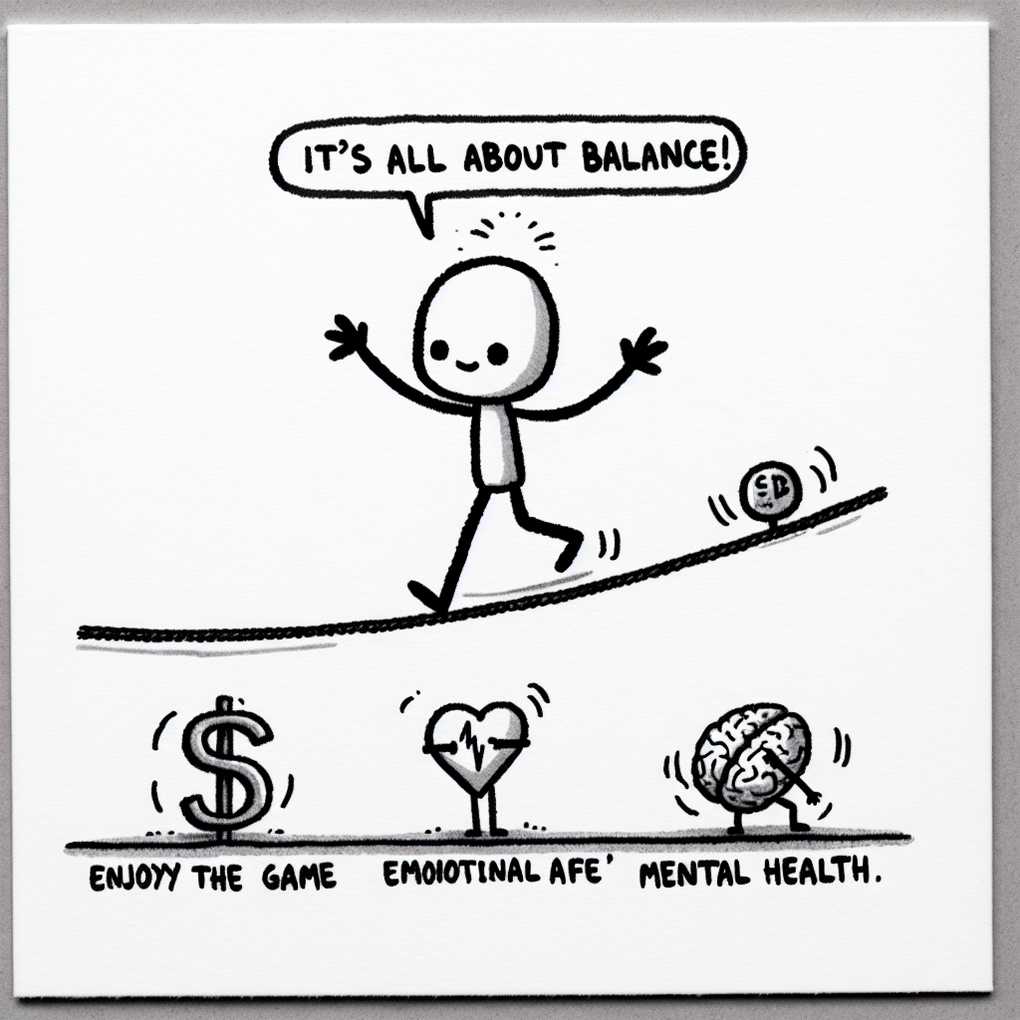
The atmosphere of a crypto casino is electric, and the excitement is palpable. To fully appreciate it without getting in over your head, setting financial limits is essential. This approach helps protect your money from the risky aspects of gambling, much like a sailor planning a trip and marking safe routes on a wild ocean.
In fact, almost 74% of people who set their spending limits ahead of time experienced fewer regrets and less stress.
In the world of CS:GO skin gambling, where rare skins can cost thousands, sticking to a budget is crucial.

This is particularly important when considering that some virtual items, such as a virtual knife worth thousands of dollars, can be extremely valuable.
Plan your gambling budget ahead to avoid money stress and enjoy your gaming more. No one wants to end the night crying over an empty wallet!
Time flies, so it's essential to manage it wisely. Set a specific time for gaming and stick to it; using a timer can help remind you of the real world.
Dr. Mark Griffiths, an expert in behavioral addictions, recommends keeping sessions under two hours to avoid mental fatigue and bad decisions. Without this limit, Daily Fantasy Sports players can become so engrossed in hours of analysis that they lose touch with reality.
Keep your gaming sessions under two hours to stay sharp and make better decisions. No one needs mental fog when saving the virtual world!
Your emotions are just as important. Avoid gambling when you're stressed, depressed, or under the influence, as it can lead to impulsive decisions that may be regretted later.

Buy Trustpilot accounts: Read BEFORE ruining your business
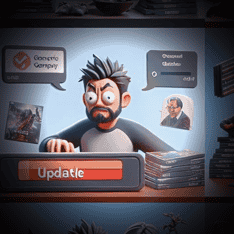
Reddit hilariously roasts gamer: Ubisoft update woes

3 bullish arguments that Bitcoin price just bottomed at $53K

Messi & $WATER promotion: Solana token's wild rise and ethical concerns

Mid-March deadline for Solana ETF: Analyst predicts big moves
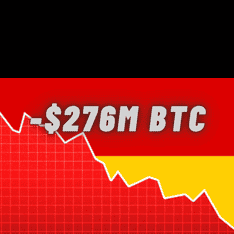
Germany sells BTC: government readies $276M Bitcoin sell-off
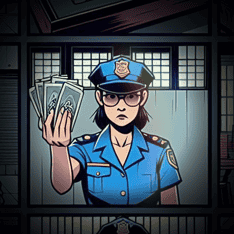
Shocking mahjong bust: Macau police arrest four in illegal gambling raid
For instance, playing Rust gambling right after a tough day can have negative consequences.

Gambling should be an enjoyable experience, not a means of escaping life's problems. In fact, a GambleAware survey found that 58% of people experienced worse mental health when gambling while stressed, which can exacerbate financial losses and hinder relaxation.
Only gamble when you're feeling good to avoid impulsive decisions. Smart choices don't come from risking your money on a sudden impulse!
Making smart choices comes from knowing your stuff. When you understand the odds and game rules, you transition from mere playing to strategic decision-making.
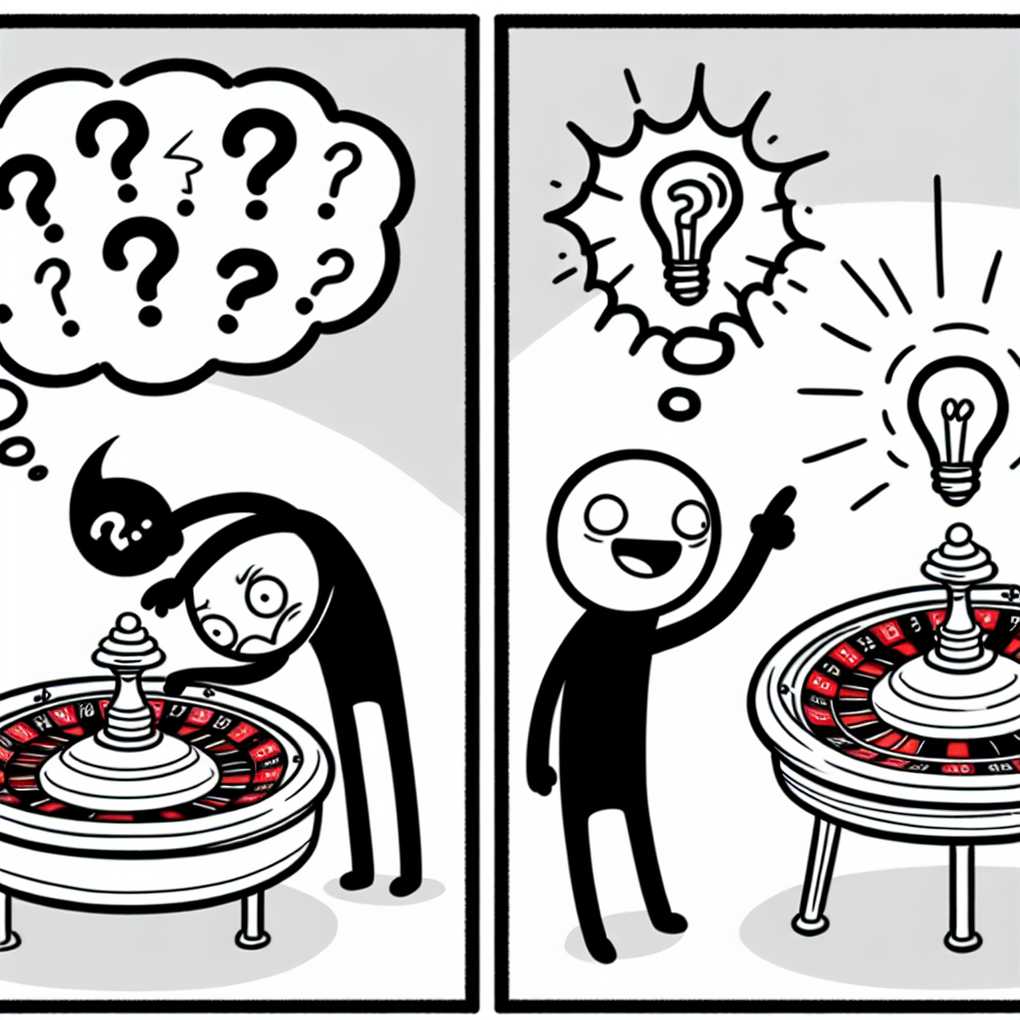
Knowing the intricacies of games like roulette, where the house edge stands at 5.26%, makes gaming less stressful and more enjoyable.
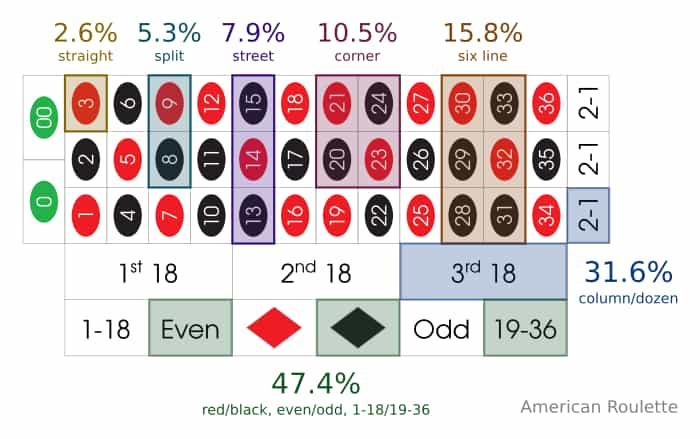
Similarly, grasping the different rules of gamified platforms is crucial, as it transforms your experience from random betting into thoughtful, informed play.
Ultimately, applying mathematical concepts to everyday life can be a stimulating and enjoyable challenge.
Learn about game mechanics and odds for a more fun and controlled gambling experience. It's more enjoyable when you know how the house might beat you.
Even with your best efforts, tough times can still happen. However, that's when help from friends or specialized groups can make all the difference.
The National Council on Problem Gambling has a helpline that typically answers within two minutes, offering quick and caring support. Knowing you're not alone can really provide assistance and give you the strength you need.
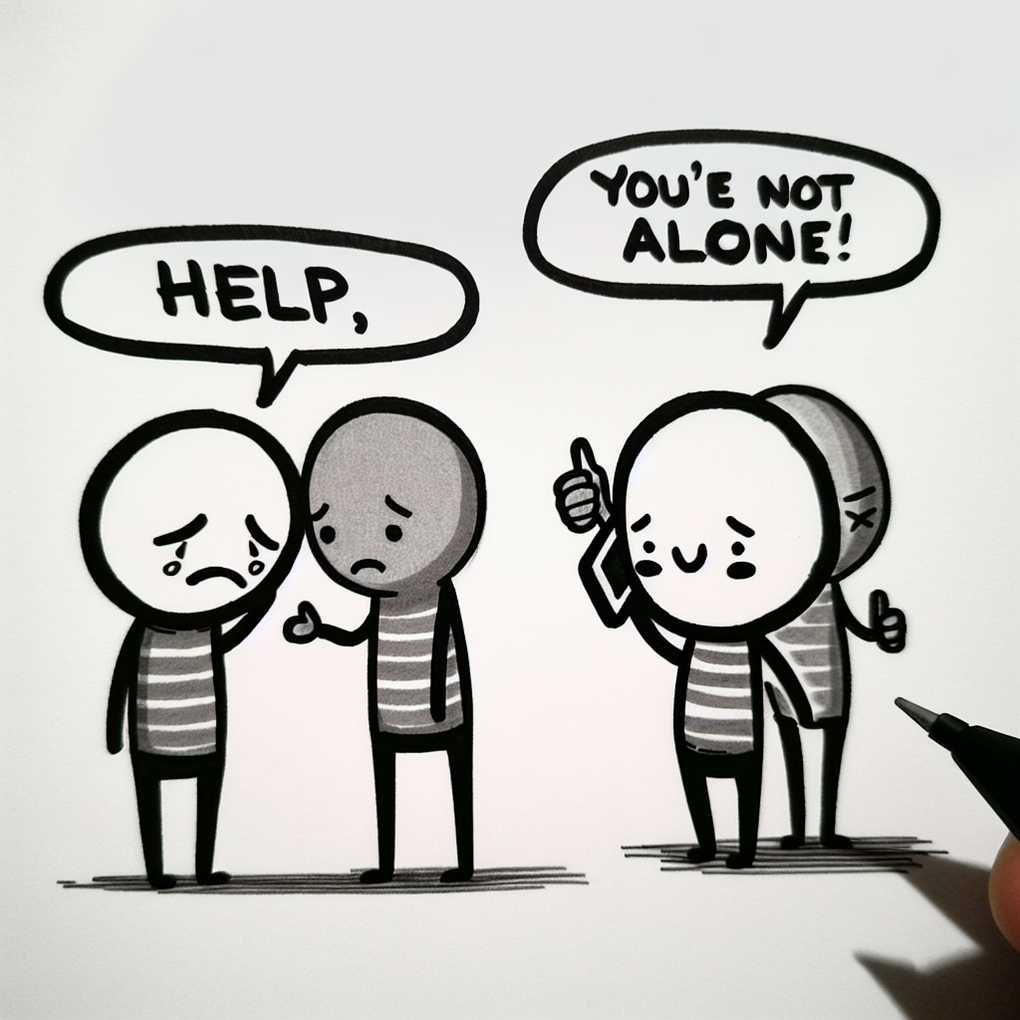
Self-exclusion is a lifeline for those struggling with gambling addiction, providing a means to resist temptation by banning oneself from gambling. This simple yet tough process can be likened to finding safe harbor in a storm.
Programs like GamStop in the UK, for instance, allow individuals to self-exclude for:
providing a much-needed break.

Imagine walking into a casino or logging into an online account, only to be reminded of your self-ban. In Ontario, the self-exclusion program utilizes a database to block access, ensuring that individuals stick to their decision.
Notably, over 80% of people in Canadian self-exclusion programs reported feeling less urge to gamble, proving the effectiveness of this approach.
Self-exclusion programs can really help cut down the urge to gamble and give you a much-needed break. Who doesn't need a break from losing money?
In the future, self-reflection may show gratitude for taking a break from gambling.
Self-exclusion provides a legally-backed opportunity to reflect and seek help, leading to significant improvements in financial and social well-being, as demonstrated by a University of Sydney study, which found that 90% of individuals who self-excluded experienced such benefits.
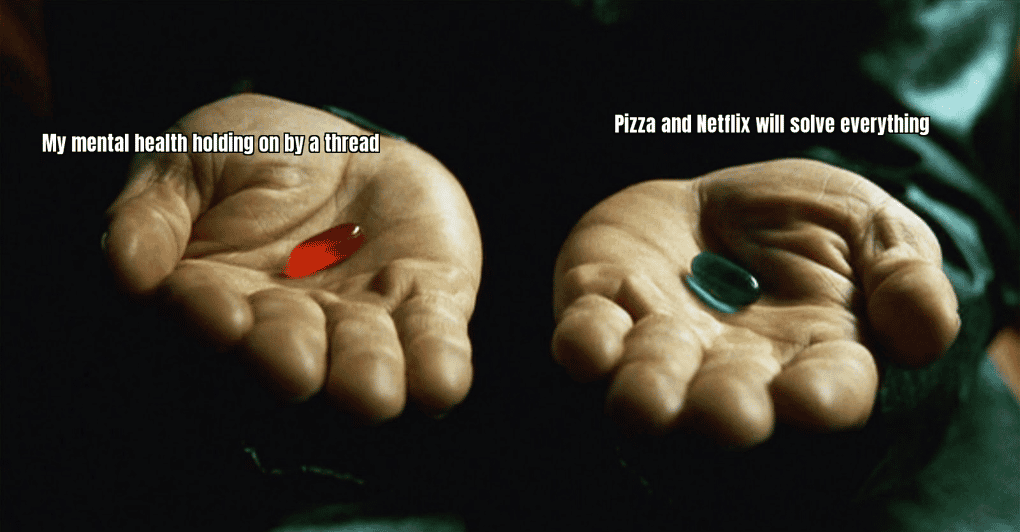
However, the program's effectiveness is not without its challenges, with around 10% of participants finding ways to circumvent the system.
This highlights the need for additional support services, such as counseling and therapy, to ensure a more robust program in the future.
Mix self-exclusion with counseling and therapy for better recovery. Just avoiding the problem without addressing the root cause doesn't really help.
Asking for help is a sign of strength and self-awareness. Numerous organizations offer free, private support to aid in recovery.
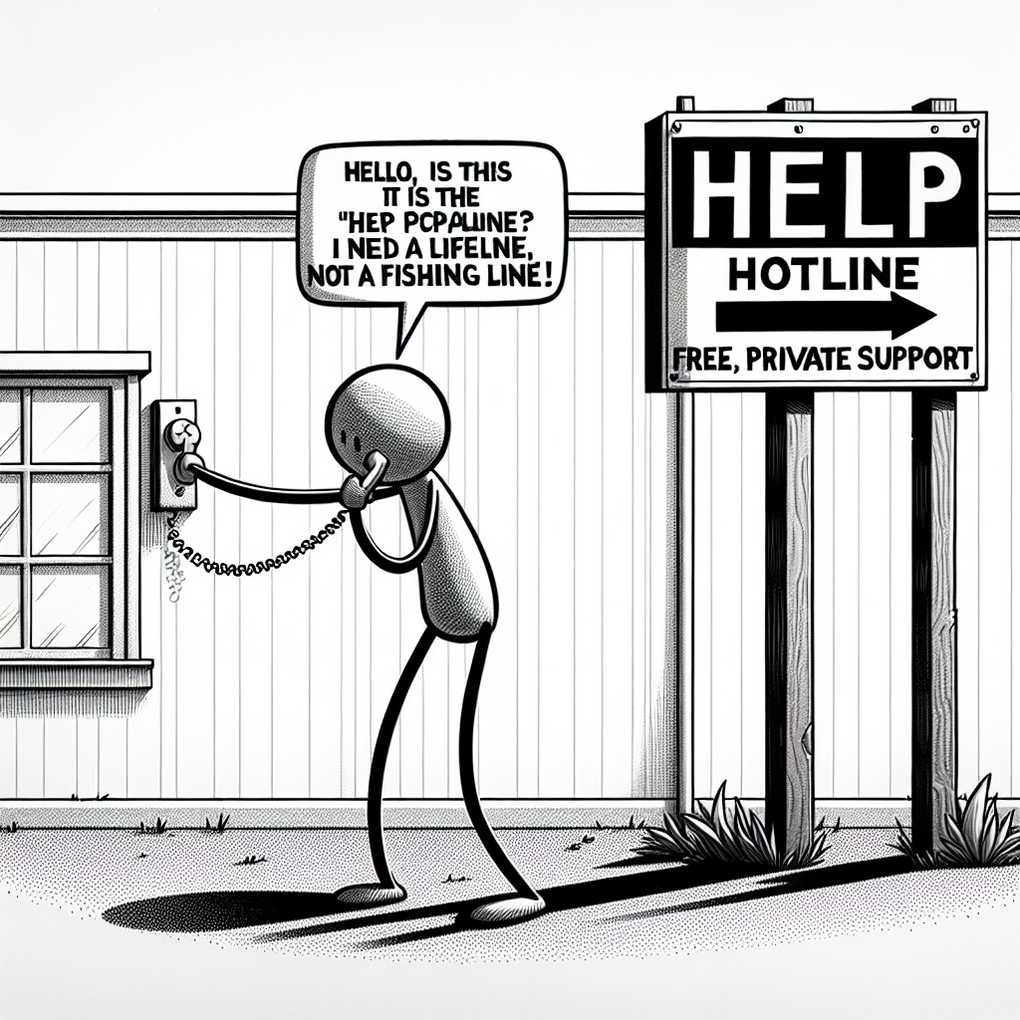
The National Council on Problem Gambling, for instance, receives over 300,000 calls annually, providing personal advice and local referrals.
Additionally, programs like Gamblers Anonymous offer a supportive community with empathy and shared strategies through a 12-step program.
It's reassuring to know that you're not alone, as evidenced by the 300,000 others who have already reached out for help.
Use free support services and community programs to help recover from gambling addiction.
The flashy world of crypto casinos and gamified gambling is exciting, but it's super important to gamble responsibly and know when to take a break.
By sticking to responsible habits and getting help if needed, you can enjoy the fun safely.
Responsible gambling is about staying in control and making sure the game stays fun, allowing you to have a good time without any risks and maintaining a balanced and happy gaming life.
If you start dreaming about slot machines, it's probably time for a break.
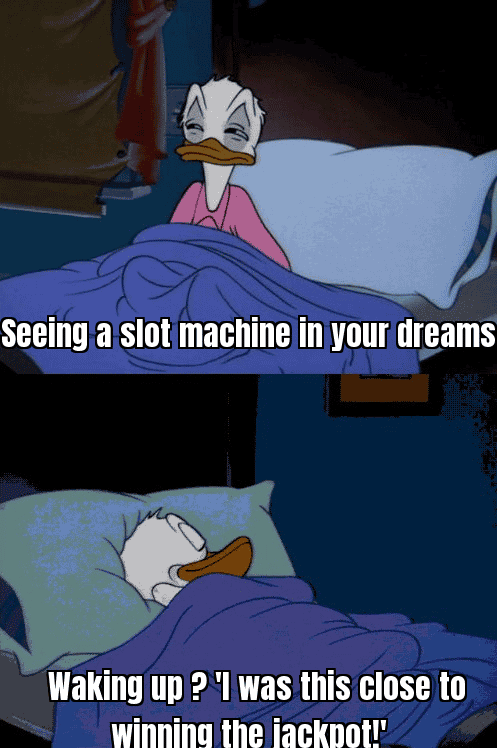
This article was written, checked and verified by multiple authors to ensure maximum accuracy and up to date data. We strive for providing the best and most helpful resources about BetterChecked available.

Have suggestions or want to become an author for our betterchecked magazine as well?